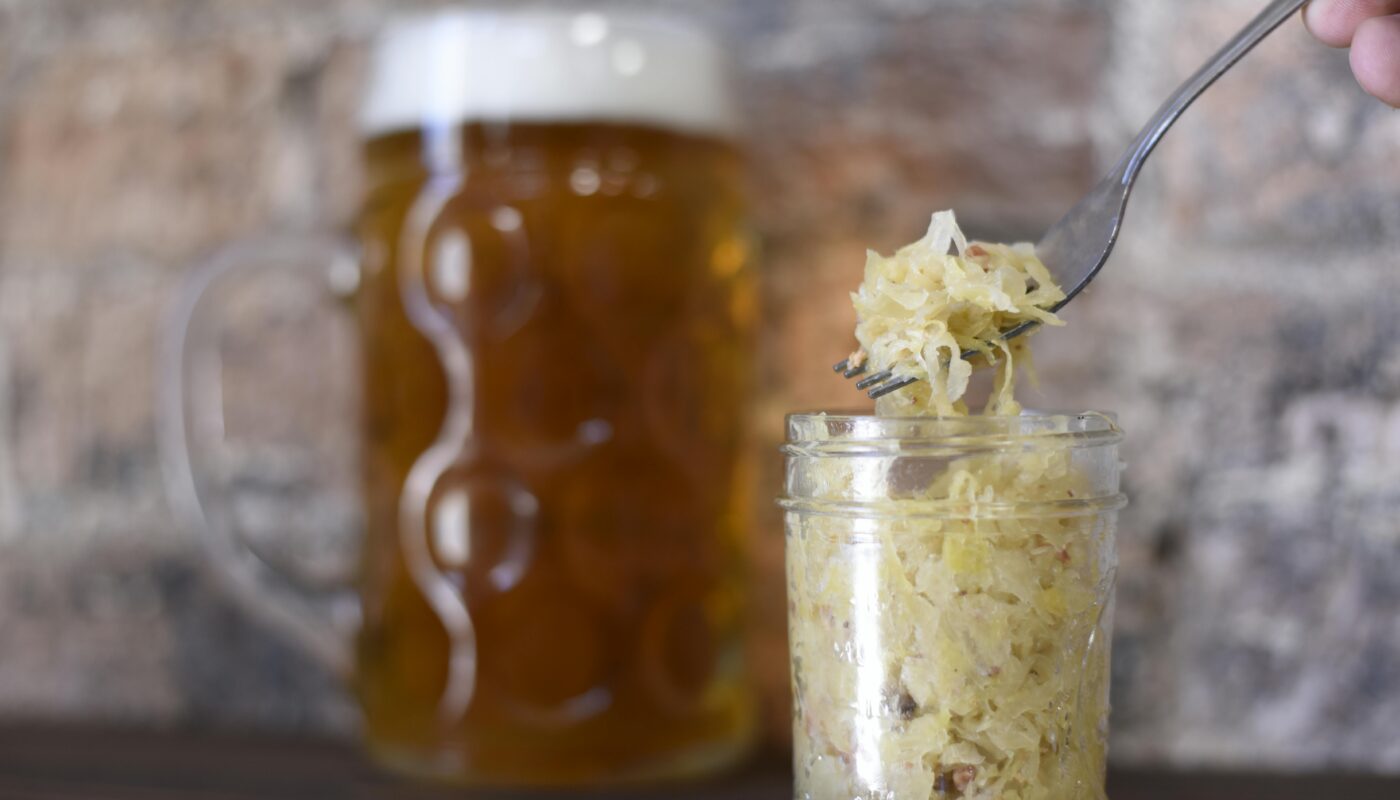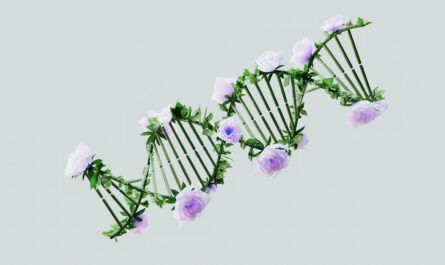For years, mental health was seen as something confined to the brain. But groundbreaking research is showing that the gut microbiome—the trillions of bacteria, fungi, and microbes living in our digestive tract—plays a powerful role in shaping mood, stress response, and even risk of psychiatric disorders. This “gut-brain connection” is reshaping how scientists, doctors, and everyday people think about mental well-being.
What Is the Gut Microbiome?
The gut microbiome is a living ecosystem inside the digestive tract. It consists of trillions of microorganisms that help break down food, absorb nutrients, and support the immune system. While we’ve long known these microbes influence digestion and metabolism, recent studies show they also communicate with the brain through the gut-brain axis—a complex network of nerves, hormones, and biochemical signals.
When this ecosystem is balanced, it supports good health. But when disrupted—by poor diet, antibiotics, chronic stress, or illness—it can contribute to inflammation, digestive issues, and now, as research suggests, mental health challenges.
The Gut-Brain Axis: How It Works
The connection between the gut and brain is bidirectional. That means just as stress can cause stomach upset, an unhealthy gut can also affect mood and mental function.
- Neurotransmitter Production
Certain gut bacteria help produce neurotransmitters like serotonin and dopamine. In fact, around 90% of serotonin—the “feel-good” hormone—originates in the gut, not the brain. - Immune System Regulation
An imbalanced microbiome can trigger systemic inflammation, which has been linked to depression, anxiety, and cognitive decline. - The Vagus Nerve
This major nerve acts as a communication highway, transmitting signals between the gut and the brain. Healthy gut bacteria can send calming signals, while imbalances may trigger stress responses.
Evidence Linking Gut Health to Mental Health
- Depression and Anxiety: Studies show that people with depression often have reduced microbial diversity. Probiotics and prebiotics have been found to improve symptoms in some cases.
- Stress Response: Experiments with mice revealed that those without gut bacteria produced higher stress hormones. Introducing healthy microbes reduced their stress response.
- Cognitive Function: Research suggests that gut imbalances may contribute to brain fog and even increase risks of Alzheimer’s disease.
While scientists are cautious about overstating the connection, the evidence is strong enough that many researchers call this the “psychobiotic revolution”—the use of probiotics and dietary interventions to support mental health.
Practical Steps to Support Gut and Mental Health
- Eat More Fiber and Fermented Foods
A diet rich in fiber feeds healthy gut bacteria, while fermented foods like yogurt, kimchi, and kefir introduce beneficial probiotics. - Limit Processed Foods and Sugar
Processed foods can fuel harmful bacteria, creating imbalances that disrupt mood and energy. - Consider Probiotics and Prebiotics
Supplements may help restore balance, though the best strains for mental health are still under study. - Manage Stress
Chronic stress can disrupt the microbiome, so mindfulness, exercise, and relaxation practices play a dual role in mental and gut health. - Sleep Well
Sleep deprivation alters gut bacteria, while a healthy microbiome supports better sleep. It’s a two-way street.
Challenges and Future Directions
While the gut-brain connection is promising, it’s not a magic bullet. Everyone’s microbiome is unique, shaped by genetics, environment, and lifestyle. What works for one person may not work for another. Scientists are working to develop personalized microbiome treatments, potentially using stool tests to tailor diets and probiotic therapies.
Pharmaceutical companies are also exploring “psychobiotics”—live organisms that could be prescribed alongside or even instead of antidepressants. If successful, this could transform mental healthcare by targeting the gut as much as the brain.
The microbiome revolution is changing the way we understand mental health. While traditional therapy and medication remain essential, supporting gut health may become an equally important tool in the fight against anxiety, depression, and stress. By nourishing our inner ecosystem, we’re not just helping our digestion—we may also be nurturing a healthier, happier mind.
The next time you sit down to a meal, remember: you’re not just feeding yourself, you’re feeding trillions of tiny allies that could hold the key to your emotional well-being.




